WikiFX Spring Festival Message | Grounded in Transparency, Walking with Trust
As the Lunar New Year approaches, renewal is in the air. It is a moment to bid farewell to the old, welcome the new, and reflect while moving forward.
简体中文
繁體中文
English
Pусский
日本語
ภาษาไทย
Tiếng Việt
Bahasa Indonesia
Español
हिन्दी
Filippiiniläinen
Français
Deutsch
Português
Türkçe
한국어
العربية
Abstract:What can innovators in the space do to avoid external regulation?
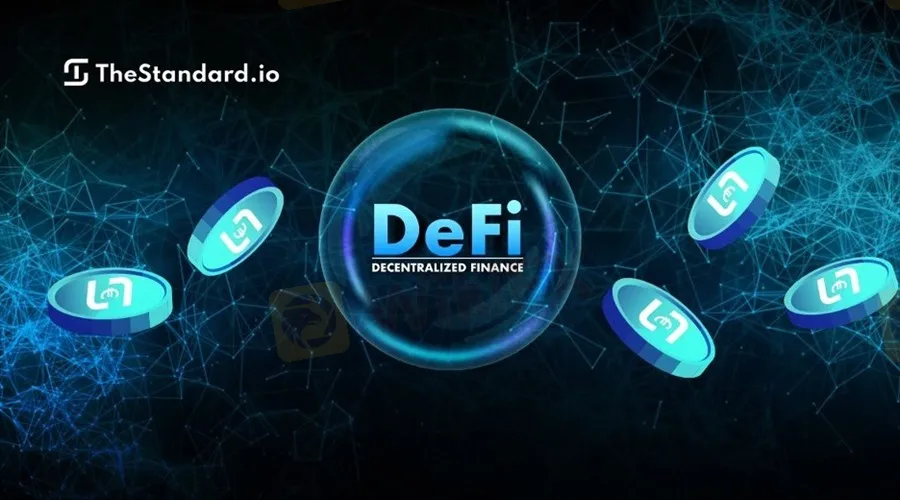
The stablecoin space is a critical part of the cryptocurrency market‘s infrastructure. It underpins the overwhelming majority of fiat denominated trades in the space as well as a significant portion of the volume of the space’s largest decentralized finance (DeFi) protocols. Yet, given its critical nature, it has continued to suffer from a lack of transparency (think USDT) and careless speculation, the latter of which saw one of the biggest algorithmic stablecoins, TerraUSD, collapse in mere weeks.
It is not a surprise then that regulators have taken an interest in seeing what can be done to stabilize the ironically unstable space. For example, in response to a question on stablecoin regulation in May 2022, US Treasury Secretary, Janet Yellen, specifically mentioned USTs decoupling, calling for stablecoin legislation to be passed in the US by the end of 2022.
Since then, there have been proposals put forward including one which might require projects to create and maintain stablecoins, with conditions on how they function required to be met. This could completely eliminate algorithmic stablecoins from the market, and put significant pressure on centralized stablecoins. Whilst this specific example is US-based only, many other jurisdictions are looking to reign in the stablecoin space, and these voices will likely grow louder as demand for stablecoins increase.
TheStandard.io proposes an over-collateralized model for crypto stability which incentivises its users to ‘lock-up’ digital assets in ‘Vaults’. These assets can then be used as collateral to acquire loans, at zero interest, by minting tokens pegged to specific fiat currencies such as the dollar or the euro. Borrowers using this framework will also be able to capitalize on inflation, as it will reduce their liability.
TheStandard.io will first launch the sEURO, a stablecoin pegged to the value of the Euro. Early participants will receive a 20% discount when purchasing sEURO as an incentive to launch and grow the stability pool . This special pool is also called the Protocol Controlled Value (PCV), which will be used as a reserve to always buy and sell the stablecoin at it‘s pegged price. Initially, these early participants will be able to ’lock-up EVM compatible tokens,ETH, PAX Gold, wrapped BTC and USDC and more.
Additionally, liquidity building for sEURO/USDC or another pegged stablecoin will begin, allowing users to deposit their newly minted sEURO and stablecoins into The Standard DAOs bonding contract which will be locked in a Uniswap liquidity pool. This will be the initial tool for stabilizing sEURO whilst ensuring those early participants are rewarded. Once stabilized, protocol will change to allow the minting of stablecoins pegged to other fiat currencies.
Sea steading Pioneer and Charter City Visionary Patri Friedman recently joined the TheStandard.io as an Advisor to the project.'
Read a more detailed version of how this process will work in this paper.
A framework like that proposed by TheStandard.io might just be what the cryptocurrency space needs for several reasons. Firstly, demand for cryptocurrencies and, in turn, stablecoins, continues to soar, with the top stablecoin, Tether USD (USDT) more than tripling in market capitalization since 2020. This has put USDT in an overwhelmingly dominant position in the market, accounting for over 90% of all stablecoin volume on any given day.
There are concerns that USDT could now be a single point of failure, and combined with its historic lack of transparency, many in the crypto space are understandably worried about the effect a potential collapse could have on the space.
Moreover, the space has seen, with the collapse of TerraUSD taking $14 billion out of the market, the effect of the under tested algorithmic stablecoin market can have on confidence in the space. As this is one of the fastest growing areas of the stablecoin space, countering it with a framework that has a solid basis in economics, might inspire experimentation on more grounded technologies.
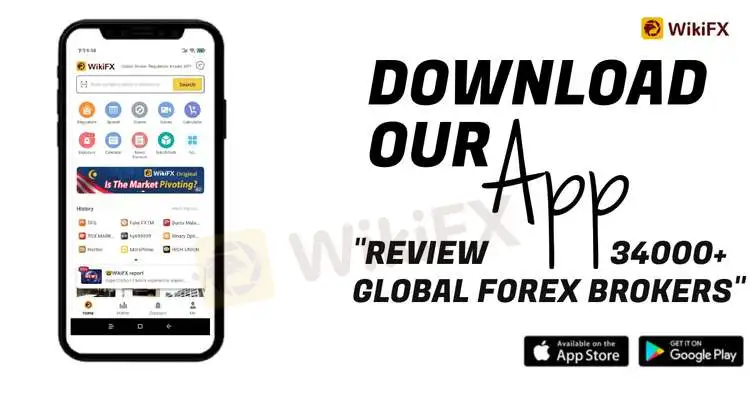
Disclaimer:
The views in this article only represent the author's personal views, and do not constitute investment advice on this platform. This platform does not guarantee the accuracy, completeness and timeliness of the information in the article, and will not be liable for any loss caused by the use of or reliance on the information in the article.
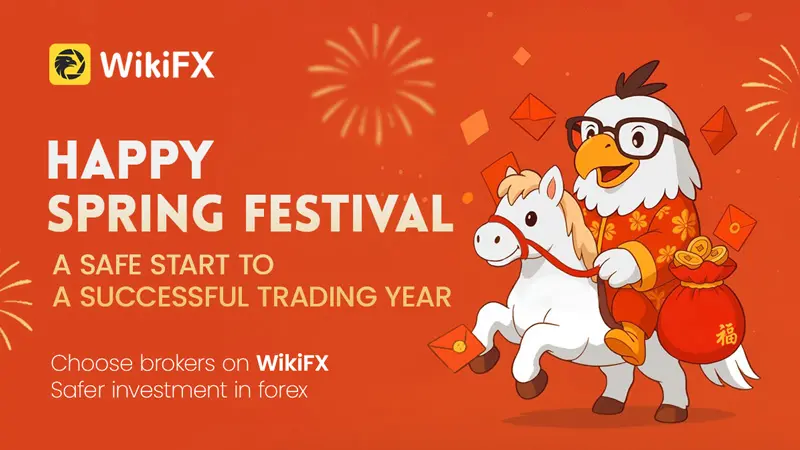
As the Lunar New Year approaches, renewal is in the air. It is a moment to bid farewell to the old, welcome the new, and reflect while moving forward.
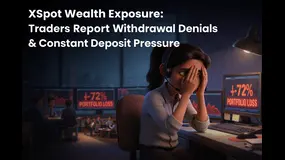
XSpot Wealth has found many negative comments from traders who have allegedly been deceived by the broker. Traders constantly accuse the broker of causing unnecessary withdrawal blocks and forcing them to continue depositing with it. Many user complaints emerged on WikiFX, a leading global forex regulation inquiry app. In this XSpot Wealth review article, we have investigated multiple complaints against the broker. Read on!
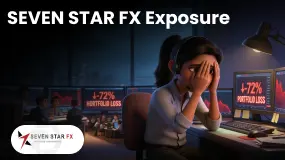
Did SEVEN STAR FX make unreasonable verification requests and block your forex trading account later? Did the broker prevent you from accessing fund withdrawals? Were you made to wait for a long time to receive a response from the broker’s customer support official? Have you had to seek legal assistance to recover your stuck funds? Well, these are some claims made by SEVEN STAR FX’s traders. In this SEVEN STAR FX review article, we have looked closely at the company’s operation, the list of complaints, and a take on its regulatory status. Keep reading to know the same.

When traders search for "Is ZarVista Safe or Scam," they want to know if their capital will be safe. Nice features and bonuses do not matter much if you can't trust the broker. This article skips the marketing talk and looks at real evidence about ZarVista's reputation. We want to examine actual user reviews, look into the many ZarVista Complaints, and check the broker's legal status to get a clear picture. The evidence we found shows serious warning signs and a pattern of major user problems, especially about the safety and access to funds. This report gives you the information you need to make a smart decision about this risky broker.
